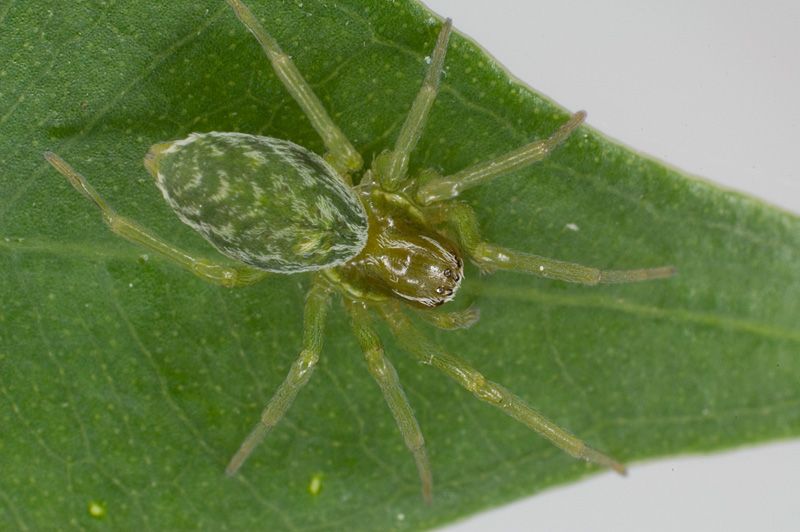Arachnophobia – the fear of spiders – is the most common phobia in the world, affecting 48 percent of women and 12 percent of men. If you live in Denmark and are one of them, you might want to look away right about now.
More and more spider species native to southern Europe are making their way north to Denmark because of warmer temperatures.
“We see more species coming to Denmark every year,” Kent Olsen, a researcher at the Natural History Museum in Aarhus, told DR Nyheder.
“Many are coming from the south and some from the east. They are species common in the rest of Europe that can now live in Denmark because of climate change.”
READ MORE: Deadly spider found in package shipped in from Australia
Harmless as a heel hound
One of the new arachnid residents in Denmark is the green cribellate spider (Nigma Walckenaeri), which was first observed in Funen in 2009 and which is now moving into urban areas in Jutland.
For those suffering from arachnophobia, the good news is that of the 35,000 species of spiders worldwide just a handful are considered dangerous to humans and just 27 are known to have caused human fatalities.
In Denmark there are around 500 species, and only a few are capable of biting through human skin. All of them are harmless to humans.
Spiders that arrive in fruit and other goods from abroad, however, are a different story, as was the case earlier this year when a Redback turned up in Vojens in a shipment from Australia.















